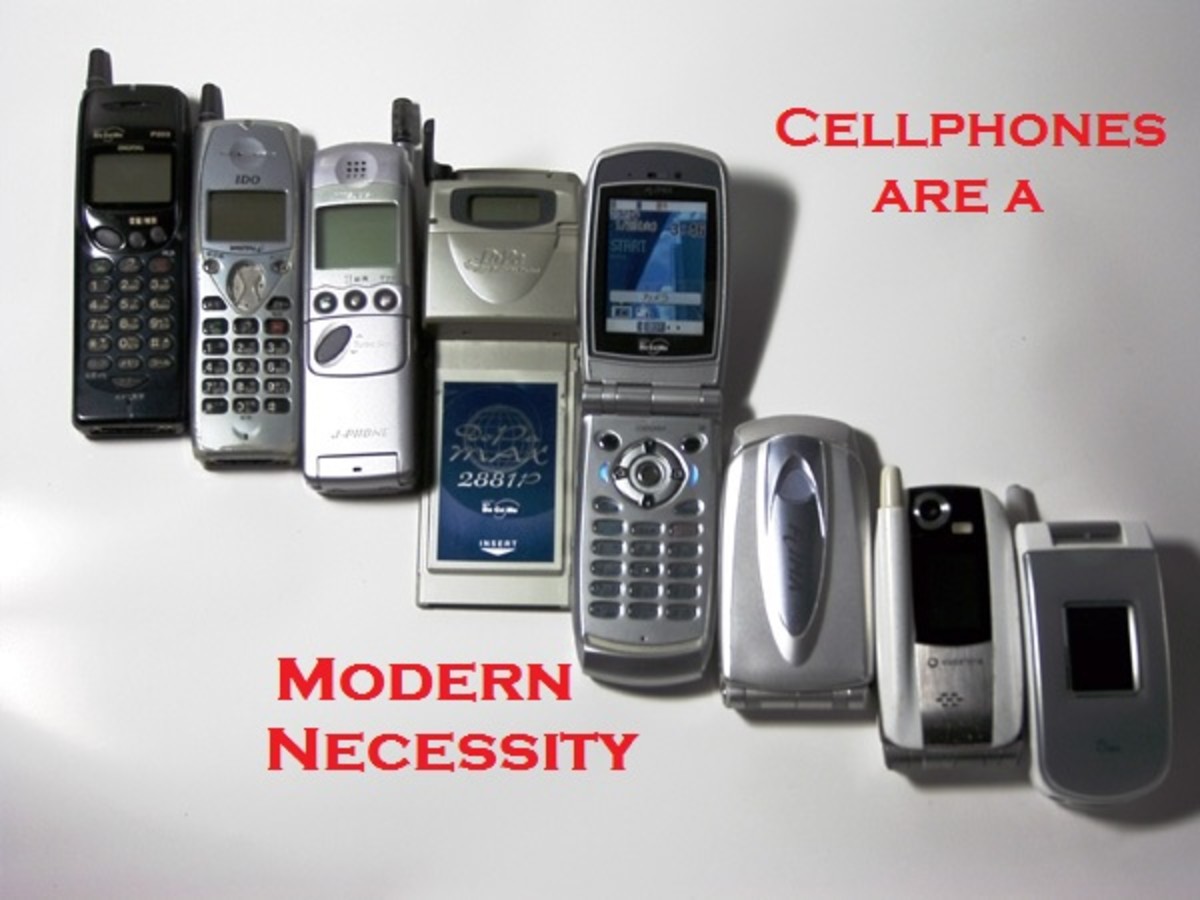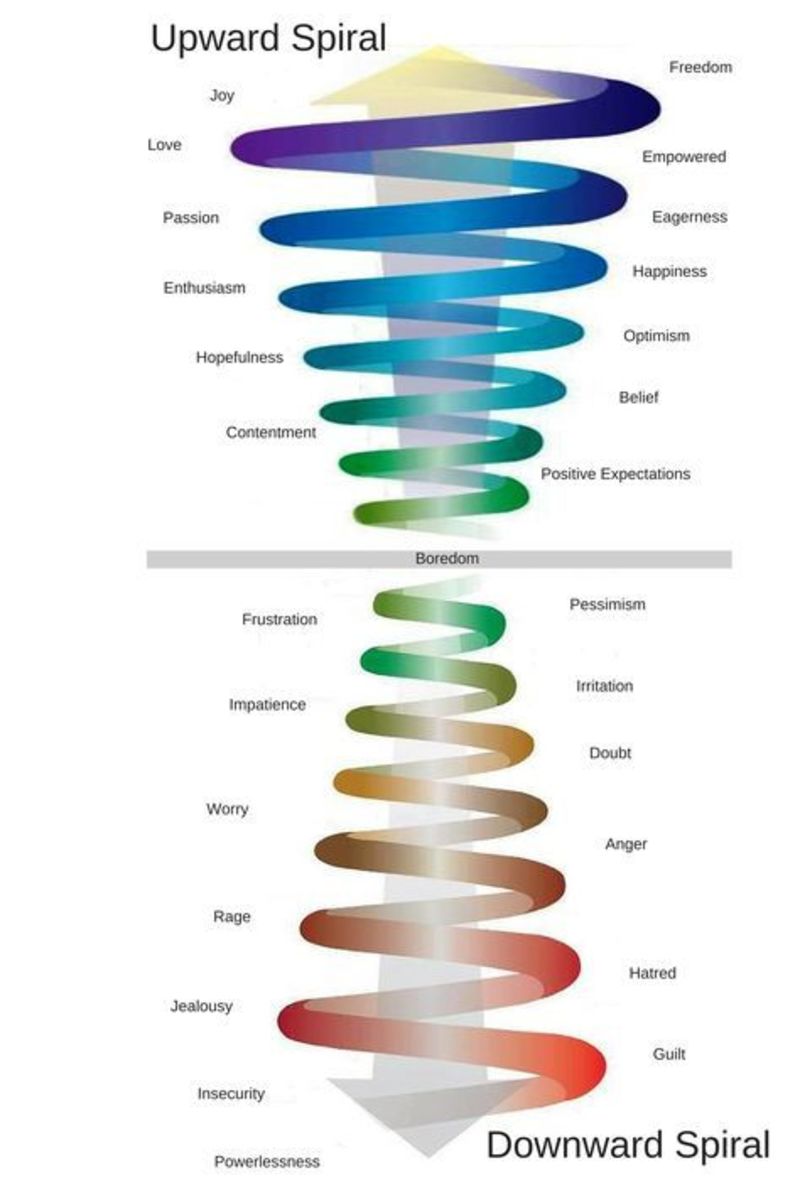Whiners, Complainers, And Crybabies

EVERYONE Has Encountered THESE PEOPLE




Underlying Reasons Why People Complain




Refusing to be PROACTIVE and to TAKE RESPONSIBILITY



WAH, WAH, WAH, WAH!!
The constant whining sound! Do you hear it? The noise is getting louder and louder. Now the noise is at a crescendo. Now, you wonder what is wrong? What is it? You mumble to yourself.
No, the noise is not coming from a baby. It is an adult person being highly discontent! What is he/she so miserable about? He/she is now approaching you. He/she is coming faster and faster. He/she is now calling out to you.
You look around and there is no one here but you. It is obvious that you do not wish to be bothered with this person. You have THINGS to do. You wonder to yourself why a multillion times!
You feel a hand on your shoulder. Oh, my God, you shriek, he/she is here! You want to escape but you cannot. His/her eyes catches yours. He/she has such angst in his/her features. He/she start to elaborate on the travails of his/her situation. He/she continued to detail his/her problems. You are transfixed. You do not know if you should go or stay.
You look quite puzzled but he/she does not care about YOU, only about his/her problems. You have encountered the complainer. Yes, there is a species of people who endlessly bemoan their life situation. These people are clearly not happy at all and are not hesitant in letting YOU know about it!
The complainer also has many aliases such as the whiner and crybaby. Such people are the eternal malcontents. They make many drama kings and queens seem so lukewarm and lackluster in comparison.
What makes people complain? Well, there are a myriad of reasons. Many people are martyrs. They want to broadcast to the world how put upon they are. They endure less than positive situations in their lives. However, instead of being assertive and remedying their situation, they prefer to stick it out to later broadcast how noble and truly unselfish they are to do so.
These martyrs also want people to know how exploited and unappreciated they are. Their theme song is poor, exploited me. They are subconsciously masochistic. They believe that by being put upon by others that they feel needed and useful. In their eyes, it is better to be exploited by others in less than positive relationships than to be alone.
Other people complain just to gain attention and adulation for themselves. They want to be the stars in other's lives. They believe that they are the be and end all. If their lives are miserable, they want OTHERS to know about it! They want to be the kings and queens of the moment. It is easier for others to show them sympathy than for them to actually solve their own problem.
There are people who want to be rescued. It is their contention that if they tell others their problems, the problems are out of their hands so to speak. These people feel quite powerless and believe that other people have the answers that they do not. They also do not want to be bothered with the onerous task of facing and solving their own problems.
A part of wanting to be rescued by others is the avoidance of personal responsibility. There are people who strongly assert that their lives should be problem free. They want to lead a life as smooth and unencumbered as possible. If anything less than positive occurs, they consider it to be quite an affront. They, in fact, crumble! They view problems and adversity as an apocalyptic occurrence instead of a natural growth process.
So when they have a problem and/or are in a less than positive situation, they simply cannot cope. They are the first one to complain to others about their problems, believing that others are to solve the problem at hand. If a person advises them to solve their own problem, they become highly flabbergasted, telling the person that is the reason they came to him/her. They further maintain that if they wanted to solve the problem at hand, they would not have discussed the problem with anyone else!
There are people who prefer to be mired in misery. Nothing suits them more than to endlessly complain about how horrendous their life is. They prefer to remain in their comfortably hellish state than to become proactive and change their situation. These people are quite fearful of changing their lives. They are afraid of being happy because that would denote change.
There are actually unseen rewards for their being mired in misery. In fact, they feel secure and paradoxically happy. Many people are stuck in a pattern which they are fearful of getting out of. This pattern offers a measure of security albeit infernal. Many people prefer the comfort of a known negative pattern than to adopt a newer, unknown, and more positive pattern to their lives.
In essence, to become proactive and to remedy the negative situation at hand involves the three components of risk, fortitude, and effort. Many people simply do not wish to take the necessary risks to change a negative situation to a positive one. The negative situation is a familiar one while the positive situation can be quite new and unknown. Many people fear change because it is unfamiliar. They actually prefer the tried and true no matter how destructive it is in their lives to something newer which is more beneficial in the long run.
Also remedying a less than positive situation takes fortitude. One has to decide to stop the negativity in their lives whether it is a relationship, job, and/or other factors. It often takes bravery and fearlessness to turn a negative situation around and many people simply find it to daunting to do. They are simply afraid to take an assessment as the reason and underlying cause to their problems. They would rather complain than to face their role in the problem at hand.
Finding a positive solution to the problems at hand involves effort and work. There are people who do not want to expend the necessary time to solve their problems. Sometimes solving a problem can be quite a difficult undertaking and many people have a phobia against the word difficult. They complain about the problem, believing that it will disappear through some type of osmosis. Well, such is not the case. Problems do not magically disappear. It takes work and strategizing to solve and/or remedy a problem. It is easier for people to endlessly complain about their problem than to work at solving the problem at hand.
In summation, people would rather complain about a problem than to actually assess the reason for the problem at hand and to solve it. There are many people who believe that they should not have a problem at hand and if they do, it is considered to be quite catastrophic instead of a learning and problem solving process.
Many people also complain because they actually enjoy being miserable. Others are quite fearful of remedying the problem and having a more positive life pattern because such would be unfamiliar and unknown to them. They would rather be miserable in their familiar yet negative pattern than to be happy in an unknown but more positive pattern.
There are people who do not want to take the necessary steps to change their lives. Solving one's problems often involves risk, fortitude, and work. Many people simply do not want to exert the necessary time involved in solving their problems. They would rather complain as an escape mechanism to avoid taking responsibility and ownership of their lives.
© 2012 Grace Marguerite Williams





